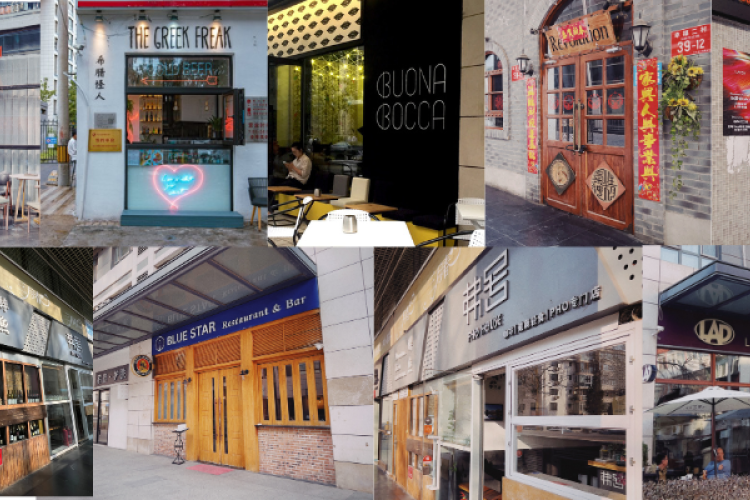Bars, Cafes To Be Restricted On Nanluogu Xiang
This fable is old now, and you’ve most probably heard it before. Nanluogu Xiang was once a little old alleyway where nothing much happened. A few years back it was, but for a handful of cafes and backpacker hostels, a fairly average hutong. Since then, the street has grown to become a tourist hotspot, a favorite hangout for young Chinese and expats and a hub of creativity. On and around Nanluogu Xiang, a scene has organically evolved that is all about Beijing, and all about Beijing now. You might not even call it a scene, but a culture – at least, one side of what modern Beijing culture is.
Apparently, not everyone agrees. China Daily reports that rather than being encouraged by the development of a scene around Nanluogu Xiang, the local government have deemed the area to be lacking in culture. Nightlife? Designers? T-shirt shops? Pff. What Nanluogu Xiang needs, we are told, is “popular culture.”
The solution? Jiaodaokou authorities have declared that they “plan to restrict the number of bars and cafes” on the strip. There’s a start. What next? China Daily quotes one official as saying that the local government will “use a total of 13 million yuan to develop the quality and diversity of culture represented by the street by 2011.”
Whenever the topic of “culture” comes up in English translations of official-speak, clumsy, cringeworthy phrases abound. For example:
“play up the cultural aspect of the area”
“performance theaters with a strong cultural background”
“quality and diversity of culture represented by the street”
“promote popular culture”
Completely meaningless. These examples, drawn from the China Daily report, add up to a queasy feeling that if certain people have their way, Nanluogu Xiang might start to resemble one of those vacuous “ancient culture streets” that city planners are so fond of.
It’s also interesting to note two comments made by the Jiaodaokou official on the need to promote “popular culture:”
“All businesses in Nanluogu Xiang contribute a total of no more than 500,000 yuan in tax every year.”
“There are more than 120 shops registered in this area, but they are all family businesses.”
Beijing Boyce reckons this is a classic case of "they're having too much fun; less of that, please." Whatever “popular culture” means to Jiaodaokou authorities, it seems to have something to do with tax revenues, and absolutely nothing to do with small entrepreneurs – certainly not anything as pesky as a family business.
So, down with bars and cafes, up with “popular culture.” But what kind of “popular culture” do you think we're going to see promoted on Nanluogu Xiang in the future?






